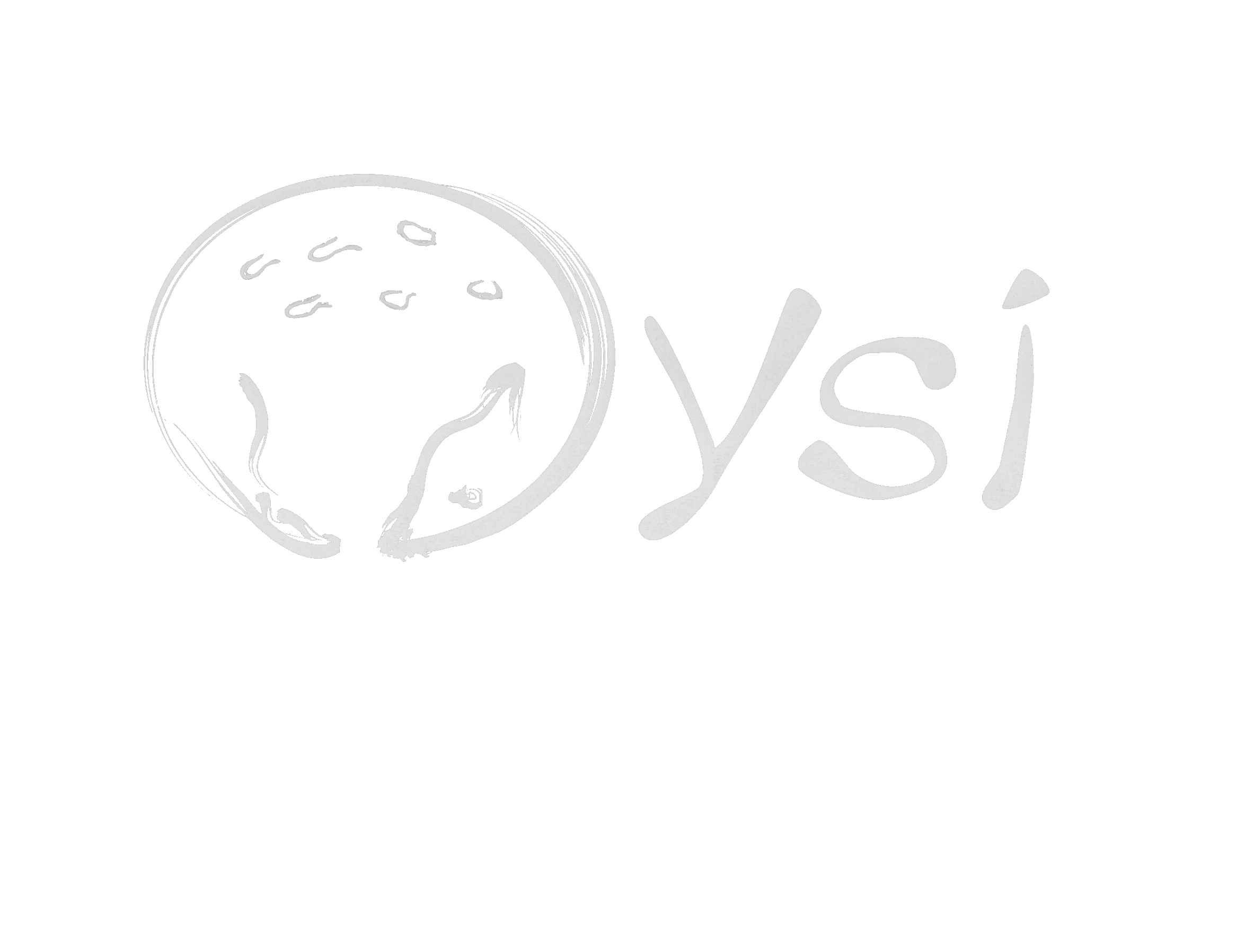Stuart Alan Kauffman (born September 28, 1939) is an American medical doctor, theoretical biologist, and complex systems researcher who studies the origin of life on Earth.
In 1967and 1969 Kauffman proposed applying models of random boolean networks to simplified genetic circuits. These were very early models of large genetic regulatory networks, proposing that cell types are dynamical attractors of such networks and that cell differentiation steps are transitions between attractors. Recent evidence strongly suggests that cell types in humans and other organisms are indeed attractors. In 1971 he suggested that the zygote may not access all the cell type attractors in the repertoire of the genetic network's dynamics, hence some of the unused cell types might be cancers. This suggested the possibility of "cancer differentiation therapy", for which some evidence may now be accumulating.
In 1971, Kauffman proposed the self-organized emergence of collectively autocatalytic sets of polymers, specifically peptides, for the origin of molecular reproduction. Reproducing peptide, DNA, and RNA collectively autocatalytic sets have now been made experimentally. He is best known for arguing that the complexity of biological systems and organisms might result as much from self-organization and far-from-equilibrium dynamics as from Darwinian natural selection. His hypotheses stating that cell types are attractors of such networks, and that genetic regulatory networks are "critical", have found experimental support. It now appears that the brain is also dynamically critical.
http://en.wikipedia.org/wiki/Stuart_Kauffman

